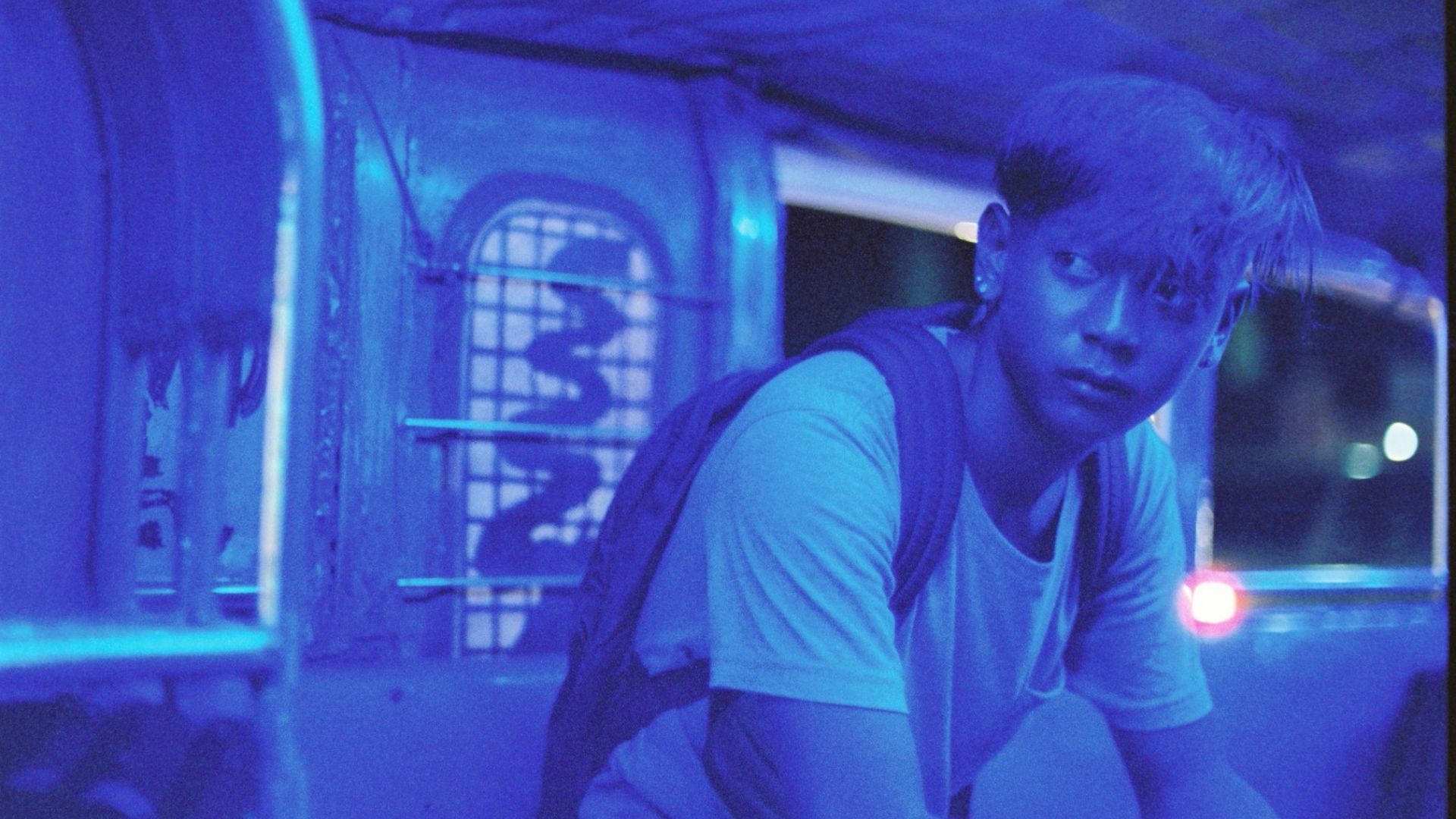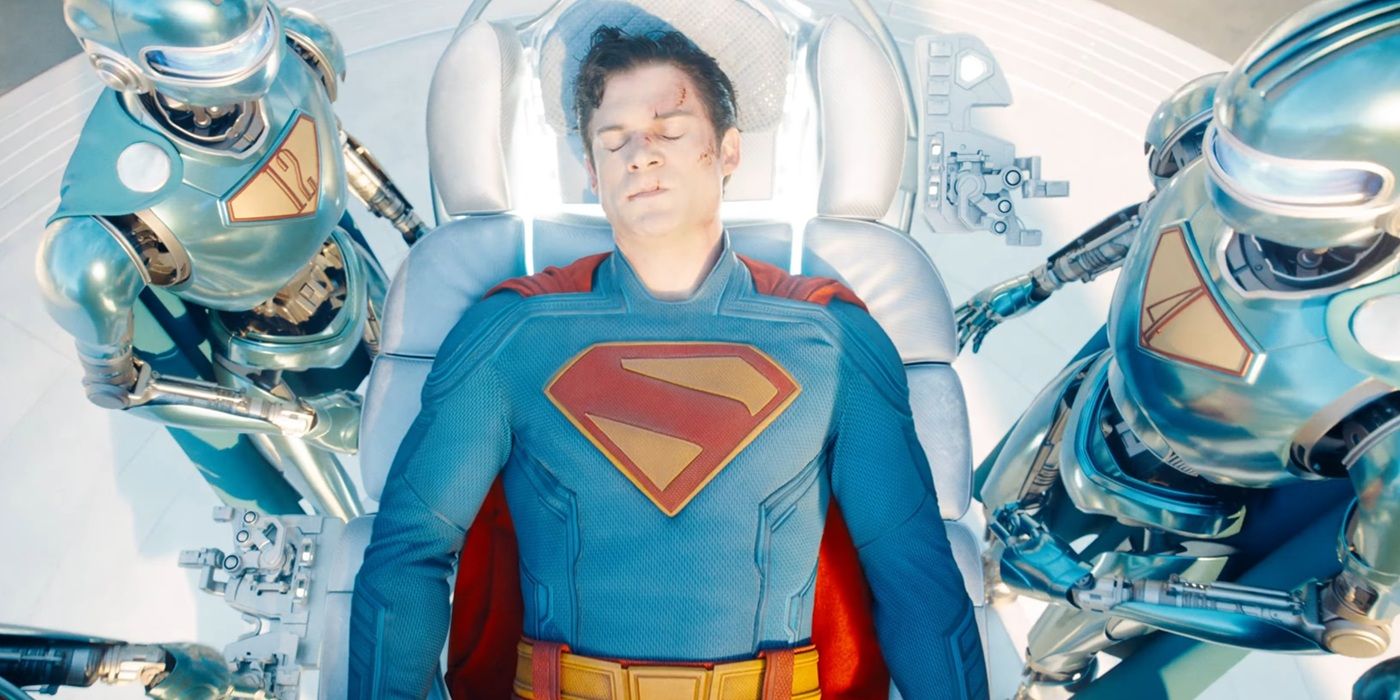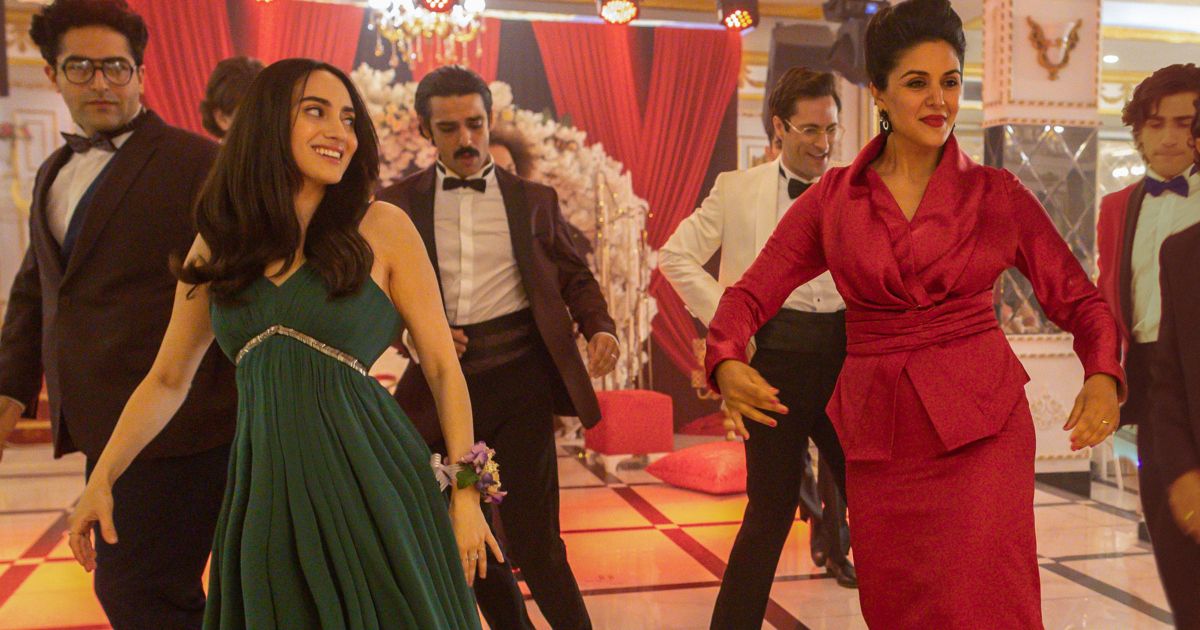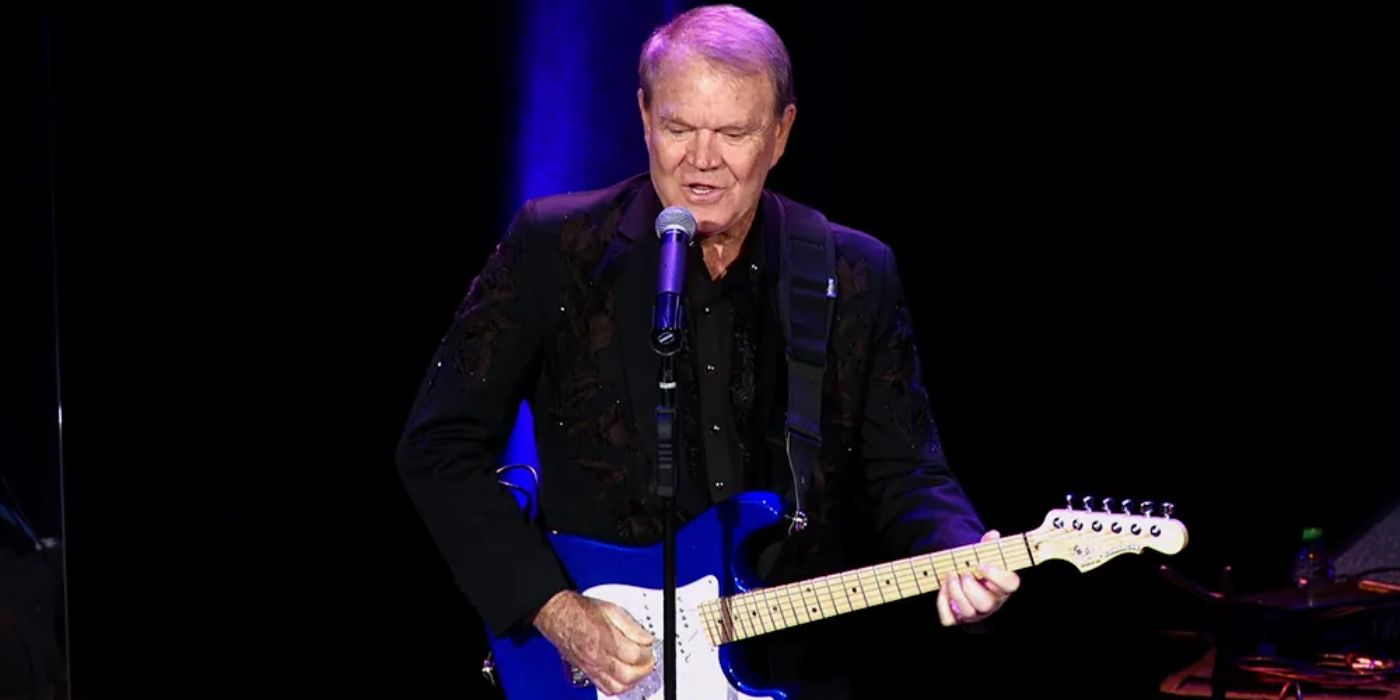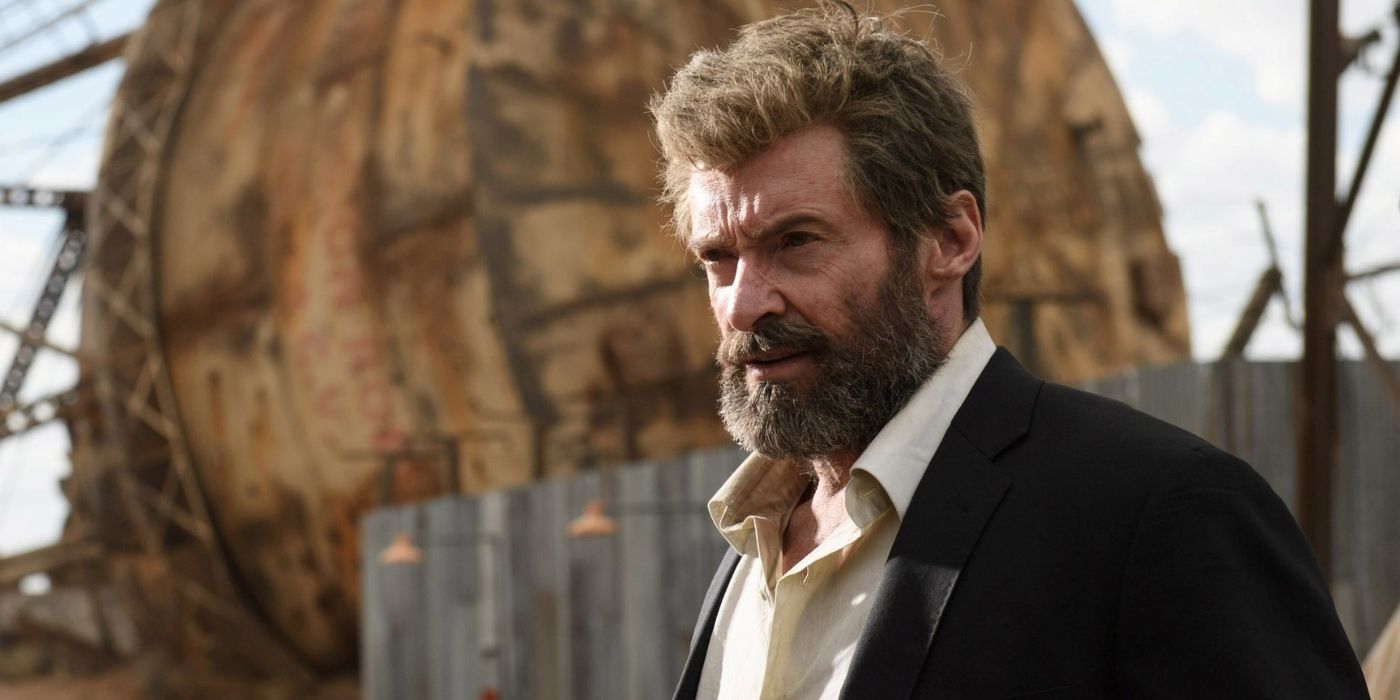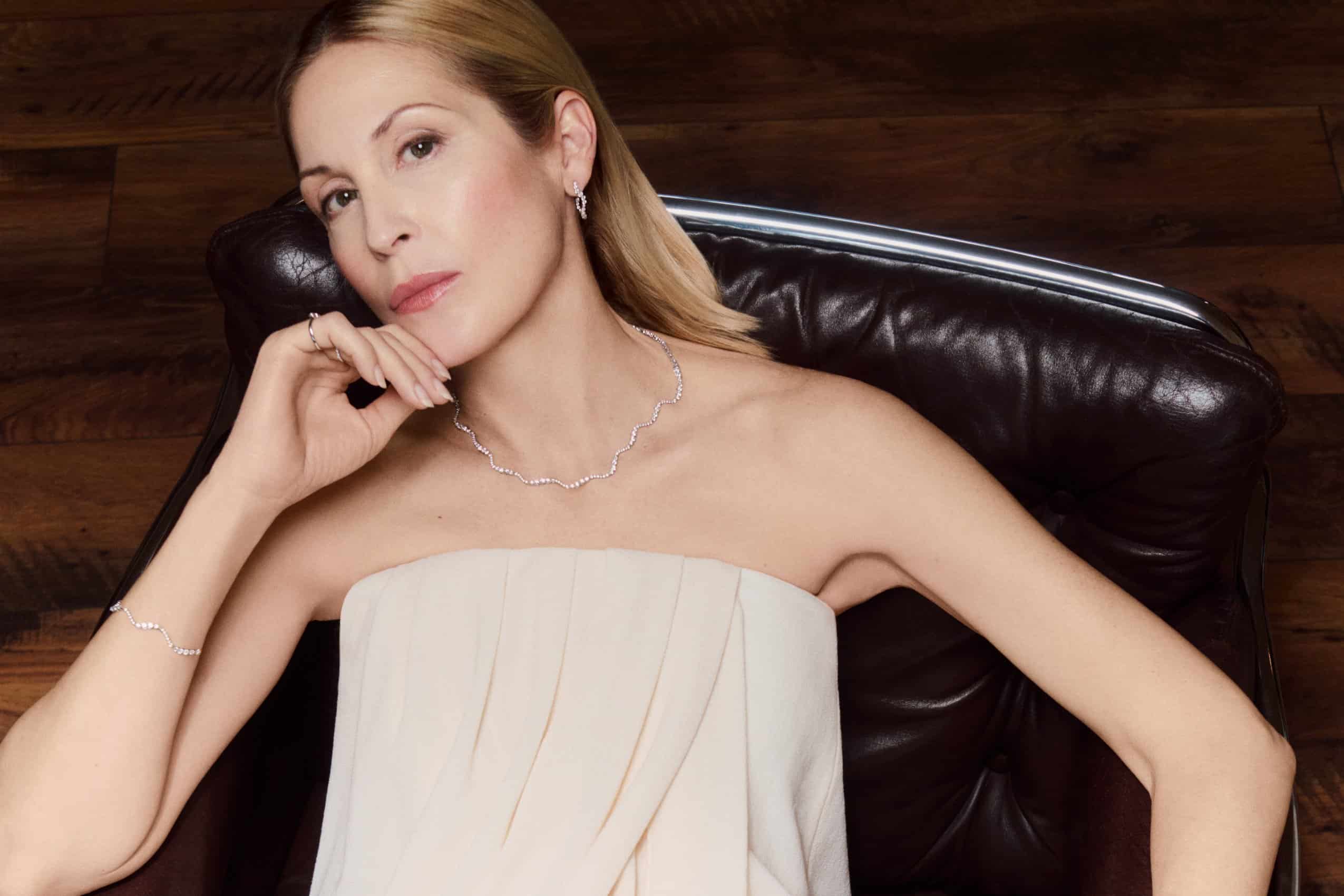A rebellious Iranian-American woman clashes with her strict and unforgiving mother but comes to understand they are very much alike. The Persian Version, winner of the Audience and Waldo Salt Screenwriting Awards at this year’s Sundance Film Festival, uses fantasy elements and highly stylized filmmaking techniques to tell a powerful narrative. It is a clash of culture, values, and identity for immigrants trying to find their place in two vastly different countries over several decades. The bells and whistles gimmicks, meant to add a humorous element, grows somewhat tedious. The message delivered does not. Sacrifice and hardships don’t last but love and compassion always do.
In present day New York City, Leila Jamshidpour (Layla Mohammadi) bedazzles a burka’s headdress with sequins. She then dons a skimpy bikini, grabs a surfboard, and stridently walks to a costume party as jaws drop around her. Punk music blares as the revelers congratulate her on a bold look. Leila turns a lustful eye on a man dressed in drag. Maximillian Balthazar (Tom Byrne), an actor starring in Broadway’s Hedwig and the Angry Inch, is quickly smitten.
In Jersey City, Shireen (Niousha Noor), Leila’s mother, gets an urgent call. A donor heart has been found for her husband. She awakens the frail Ali Reza (Bijan Daneshmand) and drives to the hospital. Shireen prays that a Shīʿa Islam saint will speed their way through traffic. She sends a text message to her 9 children to come at once. But Shireen has a different request for her wayward daughter.
The Jamshidpour Family
Sony Pictures Classics
Leila leaps out of post-coital bed at the news. She’s heartbroken that Shireen doesn’t want her at the hospital. Go to the family home and look after Mamanjoon (Bella Warda). Leila laughs at her feisty grandmother’s sordid relationship advice. Mamanjoon forgets that Leila’s a lesbian and was once married to a woman. The conversation takes a surprising turn when a sleepy Mamanjoon accidentally divulges a big secret. Leila doesn’t know the real reason why her parents came to America.
The Persian Version has a lot going on artistically. Writer/director Maryam Keshavarz (Circumstance, Viper Club) embellishes her life story with extravagant flair. The opening act has musical numbers, animation, and introduces the recurring use of direct character asides to the audience. Leila and Shireen break the fourth wall, everyone else in the scene freezes, and they extrapolate further on what actually happened. This is vital to the plot’s development as Leila knows very little about her mother’s upbringing in Iran.
Related: Exclusive: Maryam Keshavarz Discusses Turning the Lens Towards Herself for The Persian Version
The second act delves further into the family’s history with new storylines and a younger ensemble portraying the period protagonists. Leila (Chiara Stella) chafes at Shireen’s parenting in the ’80s. She was forced to cook and clean while her eight brothers were spared domestic duties. Leila feels subjugated as the only daughter. Keshavarz changes perspectives again with Shireen (Kamand Shafieisabet) as a 13-year-old bride in the ’60s. Her marriage was arranged to Ali Reza (Shervin Alenabi), then a recent medical school graduate. They moved to a remote village when an unsure Ali Reza was the only doctor for miles.
Layla Mohammadi as Leila
Sony Pictures Classics
The Persian Version captivates with Shireen’s troubles as a pregnant teenager in Iran and a mother trying to make ends meet in Brooklyn. Leila only saw a part of her growing up. Keshavarz shines an illuminating light on Shireen’s mammoth burdens and indomitable will power. She was a rock for her husband and children in dire circumstances. They prospered because of her selflessness. The reason for Shireen’s disappointment in Leila is clear. She believes Leila abandoned her faith to pursue a sinful existence. Leila’s sexuality and attitude feels like an affront to everything Shireen worked tirelessly for.
Related: These Are Some of The Greatest Iranian Movies Ever Made
Leila’s voiceover narration expresses her constant need for Shireen’s approval. She wasn’t accepted in Iran or America. Leila desperately tries to find her own place, but she cannot leave her family behind. Leila appreciates her culture in a different way. She lives her truth without shame or fear. Leila shouldn’t be ostracized for being gay. This is the bridge that Shireen must cross. Their complex relationship has thorns and roses. Both women reach common ground to evolve. Keshavarz achieves that reckoning with whopper reveals that forces their self-reflection.
The Persian Version will be undoubtedly divisive. Keshavarz’s provocative “burkini” statement is a shot across the bow for a Muslim woman’s right to ignore modesty. This is heretic and anathema to those who embrace the most stringent religious interpretation. But open minds must prevail to judge this film in the right context. You may disagree with Keshavarz and her lifestyle, but have to respect the greater meaning. The love between a mother and daughter is unbreakable. Leila had the opportunity to choose her own path because Shireen paved the way.
The Persian Version is a production of Marakesh Films, Archer Gray, AgX, and A Bigger Boat. It will have a limited theatrical release on October 20th from Stage 6 Films and Sony Pictures Classics.
You can view the original article HERE.


